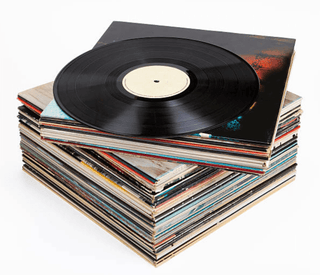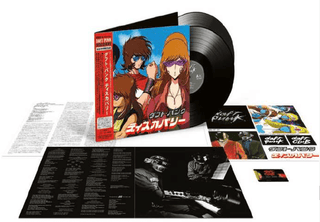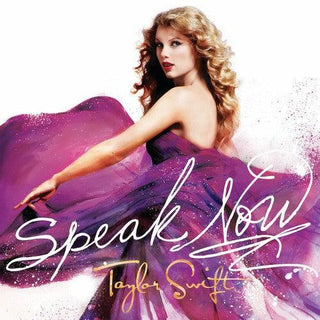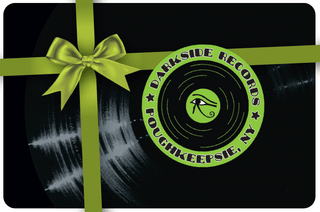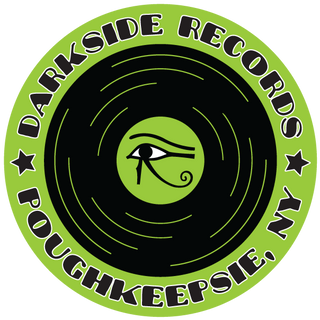Alfredo Campoli- Alfredo Campoli: The Bel Canto Violin

Collected for the first time and newly remastered, the complete Decca and L'Oiseau-Lyre recordings (from 1931 to 1978) of Alfredo Campoli, including unpublished tracks and the classical 78s (newly remastered by Mark Obert-Thorn). Born into a family of professional musicians in 1906, Alfredo Campoli rapidly took to the violin, and before he turned eighteen, he was already secure in eleven major concertos. He subsequently toured with celebrated singers of the day including Nellie Melba and Clara Butt, before turning his attention to light music. During the 1930s he became a household name in the UK, known simply as 'Campoli', for his many recordings and broadcasts, especially with his Salon Orchestra. Campoli's impeccable technique and showman's instincts were combined with a rare purity of tone and beauty of phrasing, often likened to bel canto singing. He began recording for Decca in 1931, and these 78rpm discs have rarely been issued since, but they present the violinist on typically characterful form, in miniatures and arrangements which capture the essence of romantic violin-playing. Several tracks previously unpublished on Decca from a session in June 1940 include transcriptions of Chopin, Grainger and Stephen Foster, where Campoli turns on the charm in quintessential style. Decca captured the full range of Campoli's musicianship, from salon-orchestra serenades and Baroque-era sonatas to the first recording of the concerto which Sir Arthur Bliss wrote for him. He brought a special warmth and unmannered pathos to the Violin Concerto by Elgar, under the baton of Sir Adrian Boult in 1954, which stands out as a highlight of his legacy on record. A larger-than-life figure, keen on tennis and bridge and usually sporting a large cigar, Campoli continued to record for Decca during the LP and stereo eras, his technique undimmed by age. At the age of 73, he returned to the studio for the L'Oiseau-Lyre label, recording an album of Wieniawski which brought his career on record full circle, back to the virtuoso and popular repertoire that had made his name. This Eloquence set presents Campoli's legacy in largely chronological order, restoring the original LP couplings, and presenting for the first time on CD stereo versions of Saint-Saëns's Violin Concerto No. 3, the Kreisler/Paganini Violin Concerto No. 1 and pieces by Sarasate and Wieniawski. The remastering engineer Mark Obert-Thorn contributes a note focusing on the violinist's early recordings on 78rpm. First-issue covers and many rare photographs are complemented by a new and illuminating essay by Andrew Dalton, who recalls Campoli in concert in the early 1960s: 'I was instantly captivated, for a Campoli performance was never routine'.
Collected for the first time and newly remastered, the complete Decca and L'Oiseau-Lyre recordings (from 1931 to 1978) of Alfredo Campoli, including unpublished tracks and the classical 78s (newly remastered by Mark Obert-Thorn). Born into a family of professional musicians in 1906, Alfredo Campoli rapidly took to the violin, and before he turned eighteen, he was already secure in eleven major concertos. He subsequently toured with celebrated singers of the day including Nellie Melba and Clara Butt, before turning his attention to light music. During the 1930s he became a household name in the UK, known simply as 'Campoli', for his many recordings and broadcasts, especially with his Salon Orchestra. Campoli's impeccable technique and showman's instincts were combined with a rare purity of tone and beauty of phrasing, often likened to bel canto singing. He began recording for Decca in 1931, and these 78rpm discs have rarely been issued since, but they present the violinist on typically characterful form, in miniatures and arrangements which capture the essence of romantic violin-playing. Several tracks previously unpublished on Decca from a session in June 1940 include transcriptions of Chopin, Grainger and Stephen Foster, where Campoli turns on the charm in quintessential style. Decca captured the full range of Campoli's musicianship, from salon-orchestra serenades and Baroque-era sonatas to the first recording of the concerto which Sir Arthur Bliss wrote for him. He brought a special warmth and unmannered pathos to the Violin Concerto by Elgar, under the baton of Sir Adrian Boult in 1954, which stands out as a highlight of his legacy on record. A larger-than-life figure, keen on tennis and bridge and usually sporting a large cigar, Campoli continued to record for Decca during the LP and stereo eras, his technique undimmed by age. At the age of 73, he returned to the studio for the L'Oiseau-Lyre label, recording an album of Wieniawski which brought his career on record full circle, back to the virtuoso and popular repertoire that had made his name. This Eloquence set presents Campoli's legacy in largely chronological order, restoring the original LP couplings, and presenting for the first time on CD stereo versions of Saint-Saëns's Violin Concerto No. 3, the Kreisler/Paganini Violin Concerto No. 1 and pieces by Sarasate and Wieniawski. The remastering engineer Mark Obert-Thorn contributes a note focusing on the violinist's early recordings on 78rpm. First-issue covers and many rare photographs are complemented by a new and illuminating essay by Andrew Dalton, who recalls Campoli in concert in the early 1960s: 'I was instantly captivated, for a Campoli performance was never routine'.
